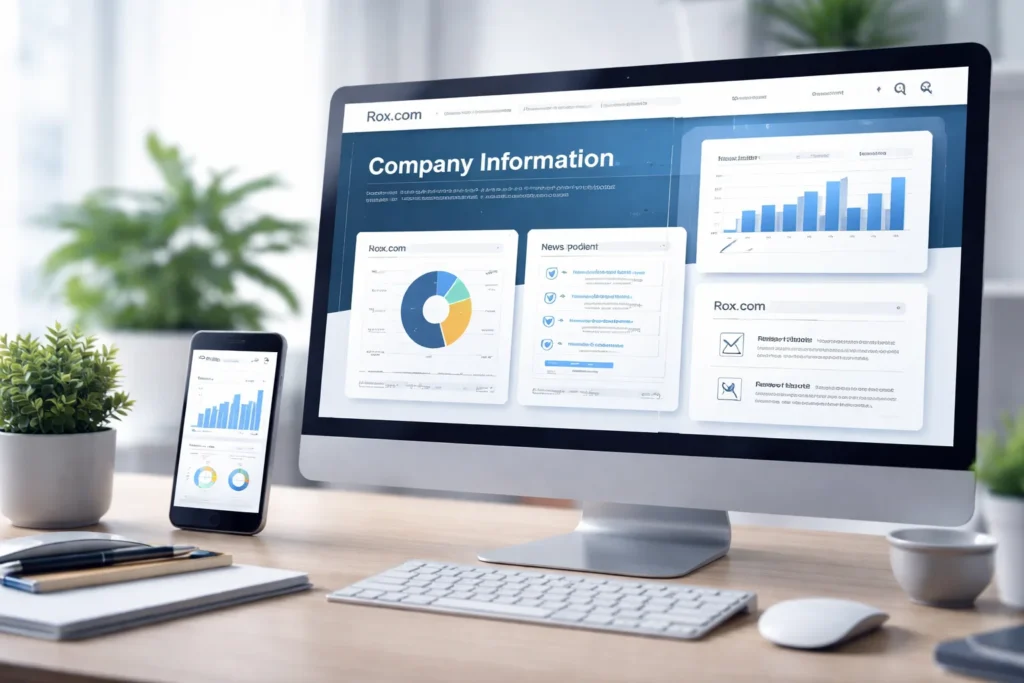In today’s competitive business environment, maintaining strong client relationships is essential for sustained growth. This is where the client relationship partner plays a critical role. Acting as the bridge between a company and its clients, this professional ensures that every interaction fosters trust, satisfaction, and long-term collaboration. Whether in professional services, consulting, law, or finance, the client relationship partner has become a cornerstone of effective business management and customer retention strategies.
What Is a Client Relationship Partner?
A client relationship partner is a senior professional responsible for overseeing and nurturing client relationships on behalf of an organization. Their main goal is to understand the client’s needs, expectations, and challenges, while aligning them with the company’s services or solutions. Unlike traditional account managers, the client relationship partner takes a more strategic and consultative approach, often working directly with decision-makers to strengthen long-term partnerships.
This role is not limited to sales or service delivery; instead, it focuses on building mutual value and fostering loyalty. In industries such as law firms, accounting, consulting, and financial services, the client relationship partner often serves as the primary point of contact for major clients, ensuring seamless communication and ongoing satisfaction.
Also, explore Get Rid of NYT Crossword: Understanding the Clue, Meaning, and Common Answers
Responsibilities of a Client Relationship Partner
The duties of a client relationship partner extend beyond routine customer management. They are deeply involved in strategic planning, business development, and performance monitoring. Key responsibilities include:
- Client Strategy Development: Designing personalized strategies to meet client objectives and improve overall engagement.
- Account Growth: Identifying opportunities for cross-selling and upselling within existing client relationships.
- Performance Monitoring: Ensuring that service quality and delivery meet or exceed client expectations.
- Relationship Management: Acting as the liaison between the client and internal teams to facilitate smooth communication.
- Conflict Resolution: Addressing concerns proactively to maintain trust and prevent relationship breakdowns.
Through these responsibilities, the client relationship partner ensures that clients feel valued and confident in the company’s ability to meet their evolving needs.
Skills and Qualities of a Successful Client Relationship Partner
The role of a client relationship partner demands a unique combination of interpersonal, strategic, and analytical skills. Some of the key attributes include:
- Excellent Communication: The ability to listen actively and convey ideas clearly across all levels of the organization.
- Emotional Intelligence: Understanding client emotions and responding empathetically to build rapport.
- Strategic Thinking: Anticipating client needs and aligning them with the company’s long-term goals.
- Business Acumen: A deep understanding of industry trends, financial insights, and competitive dynamics.
- Negotiation Skills: Managing expectations and finding win-win solutions that benefit both parties.
By mastering these skills, the client relationship partner can transform ordinary business interactions into long-term strategic alliances.
Importance of a Client Relationship Partner in Business
A client relationship partner adds immense value to an organization by strengthening the foundation of trust and collaboration. Here’s why this role is so vital:
- Enhances Client Retention: Regular engagement and personalized attention lead to higher client satisfaction and loyalty.
- Drives Business Growth: Long-term relationships often result in repeat business, referrals, and increased revenue.
- Improves Brand Reputation: Consistent client satisfaction enhances the company’s credibility in the market.
- Encourages Innovation: By understanding client pain points, the partner helps the company innovate and improve services.
- Promotes Cross-Functional Collaboration: The role bridges the gap between sales, operations, and service teams to ensure cohesive delivery.
Ultimately, the client relationship partner ensures that the company not only retains its clients but also strengthens its market position through relationship-driven success.
How Businesses Benefit from Having a Client Relationship Partner
Organizations that invest in a client relationship partner often experience measurable improvements in both client engagement and profitability. Some of the main benefits include:
- Higher Client Lifetime Value (CLV): Stronger relationships lead to longer engagements and more consistent revenue streams.
- Efficient Communication: The partner acts as a single point of contact, reducing confusion and improving service coordination.
- Strategic Client Insights: Access to valuable client feedback helps improve services and predict future market needs.
- Customized Service Delivery: Each client receives tailored attention, enhancing satisfaction and loyalty.
- Competitive Advantage: Businesses that prioritize relationship management outperform those focused solely on transactions.
By integrating the client relationship partner role into their structure, companies create a relationship-driven culture that leads to sustainable success.
Frequently Asked Questions (FAQs)
- What is the main role of a client relationship partner?
A client relationship partner focuses on building, maintaining, and expanding long-term relationships between the organization and its key clients. - How is a client-relationship partner different from an account manager?
While an account manager focuses on daily operations and service delivery, a client relationship partner takes a strategic, long-term approach to strengthen client trust and business growth. - What industries commonly use client-relationship partners?
Industries such as law, accounting, consulting, financial services, and marketing often employ client relationship partners to manage key accounts. - What skills are essential for a successful client-relationship partner?
Skills such as communication, emotional intelligence, business acumen, negotiation, and strategic thinking are essential for success in this role. - Why is the client-relationship partner role important for businesses?
This role ensures long-term client satisfaction, drives revenue growth, and strengthens the company’s reputation through personalized service and trust-building.
Conclusion
In conclusion, the client-relationship partner is a vital figure in the modern business ecosystem. By blending strategic insight with emotional intelligence, this professional ensures that clients remain at the heart of every business decision. The success of any organization today relies not just on acquiring clients, but on maintaining meaningful relationships that evolve with time.
A skilled client-relationship partner helps achieve this by fostering trust, ensuring consistent value delivery, and aligning business goals with client needs. In a world where relationships determine success, the role of the client-relationship partner stands as a cornerstone of sustainable growth and long-term success.

How Sales Teams Increased Productivity with Parallel Dialers

Curtain Dry Cleaning and Leather Sofa Cleaning – Reliable Care by Duo Nini

Brian Ferdinand of EverForward Trading Joins Forbes Finance Council, Expanding His Voice on Markets and Risk

How Technology Is Changing Addiction Recovery in the Digital Age.

Our First Winter Trip to Aspen — And the Decision That Made It Stress-Free

How Sales Teams Increased Productivity with Parallel Dialers

Curtain Dry Cleaning and Leather Sofa Cleaning – Reliable Care by Duo Nini

Brian Ferdinand of EverForward Trading Joins Forbes Finance Council, Expanding His Voice on Markets and Risk









